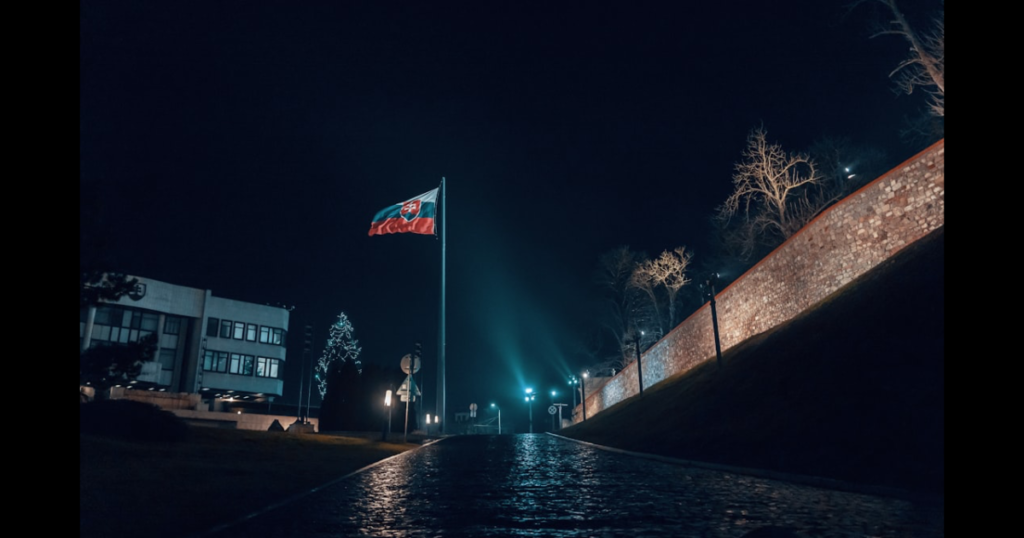Peter Imanuelsen, recognized as PeterSweden, an independent journalist from Sweden, recently highlighted significant revelations from Slovakia regarding the COVID-19 pandemic and its associated vaccines, information that mainstream media has largely overlooked. The Slovakian government has appointed Peter Kotlar as a commissioner to investigate the pandemic, and his initial findings have raised serious concerns about mRNA vaccines such as those produced by Pfizer and Moderna. According to the report presented by Kotlar, these vaccines are categorized as “dangerous” and could potentially alter human DNA. This has reignited discussions around previously labeled conspiracy theories surrounding the safety and efficacy of these vaccines.
Peter Kotlar’s report goes further, framing the COVID-19 pandemic as “an act of bioterrorism,” a stance that challenges the mainstream narrative surrounding the virus’s origins and the global response to it. In an alarming statement, Kotlar noted that the pandemic has significantly endangered public health and revealed a troubling level of complacency and obedience among the global population. These findings starkly contrast with the prevailing dialogue during the height of the pandemic, where questioning vaccine safety was dismissed or derided as conspiracy theorizing.
Slovakia’s Prime Minister Robert Fico also voiced concerns, questioning the rationale behind administering experimental vaccines without thorough testing and demanding transparency for the vaccinated public. Fico’s plea for answers highlights a growing unease about the decision-making process that led to widespread vaccination, particularly with mRNA technologies that were rapidly rolled out during the pandemic. The report’s recommendations, including a ban on mRNA vaccines and a refusal to sign certain World Health Organization (WHO) regulations, suggest a substantial pivot in Slovakia’s approach to public health and vaccine policy.
The implications of Kotlar’s report could resonate beyond Slovakia, particularly in the context of global public health discussions. As Imanuelsen notes, there is a stark silence from mainstream media on this significant development, raising questions about media accountability and the influence of wealthy donors on public health narratives. Notably, he mentions Bill Gates’s considerable financial involvement with both the WHO and Moderna, which has led to skepticism about the objectivity of information presented to the public. Imanuelsen’s perspective accentuates the necessity for independent journalism in an era where information integrity is increasingly at risk.
In advocating for transparency and accountability, Imanuelsen invites his audience to support independent journalism, underscoring the importance of diverse viewpoints and critical inquiry in understanding complex issues like vaccine safety and public health policies. He urges readers to consider subscribing to independent media to foster a more informed populace capable of challenging the mainstream narratives that dominate public discourse. In his view, independent journalism is crucial for uncovering truths that may otherwise remain hidden or misrepresented within the confines of corporate media.
This situation in Slovakia may serve as a catalyst for broader discussions about vaccine safety, public health policy, and the role of governance in responding to global health crises. As the narratives surrounding COVID-19 and its vaccinations evolve, the findings from Slovakia could potentially influence public opinion and policy decisions in other nations. Independent voices like Imanuelsen’s remind us of the necessity for critical examination of health interventions and the underlying motivations driving public health initiatives globally.

